17 GPTs for Medical Reference Powered by AI for Free of 2025
AI GPTs for Medical Reference are advanced artificial intelligence tools designed to provide specialized information and support in the medical and healthcare sectors. Leveraging Generative Pre-trained Transformers, these tools offer tailored solutions for a wide range of medical inquiries, from basic health information to complex diagnostic assistance. Their relevance lies in the ability to process and generate human-like text based on vast databases of medical knowledge, making them invaluable for quick reference, research, and decision support in clinical settings.
Top 10 GPTs for Medical Reference are: MedGPT,Profesor de Medicina Humana,DocMate,Dr. Titi,AI Medical,Sclépios I.A : CIM10,Ayudante de Doctor IA.,LifeLine AI,유전질환,Türkçe Tıbbi Uzman Rehberi | Turkish
MedGPT
Empowering healthcare with AI-driven insights
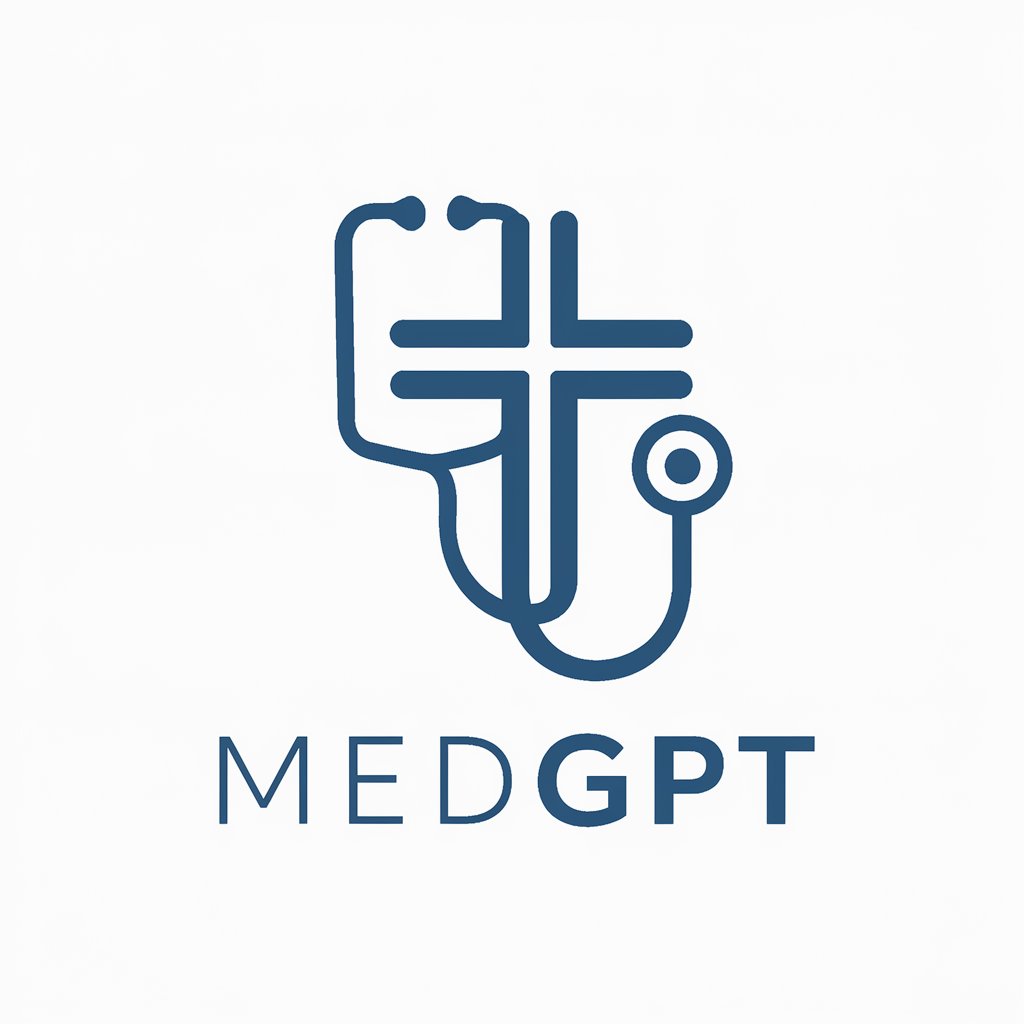
Profesor de Medicina Humana
AI-Powered Medical Insight at Your Fingertips
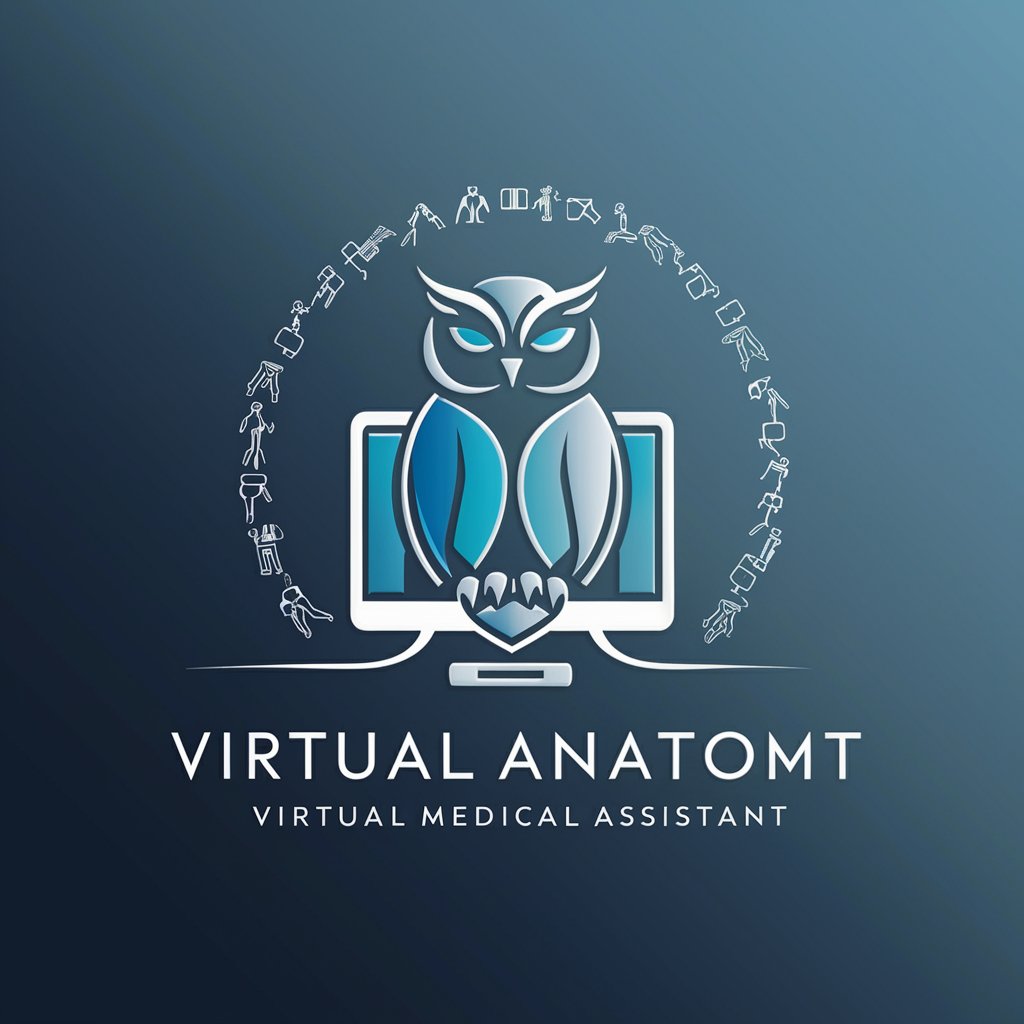
DocMate
Empowering Healthcare with AI
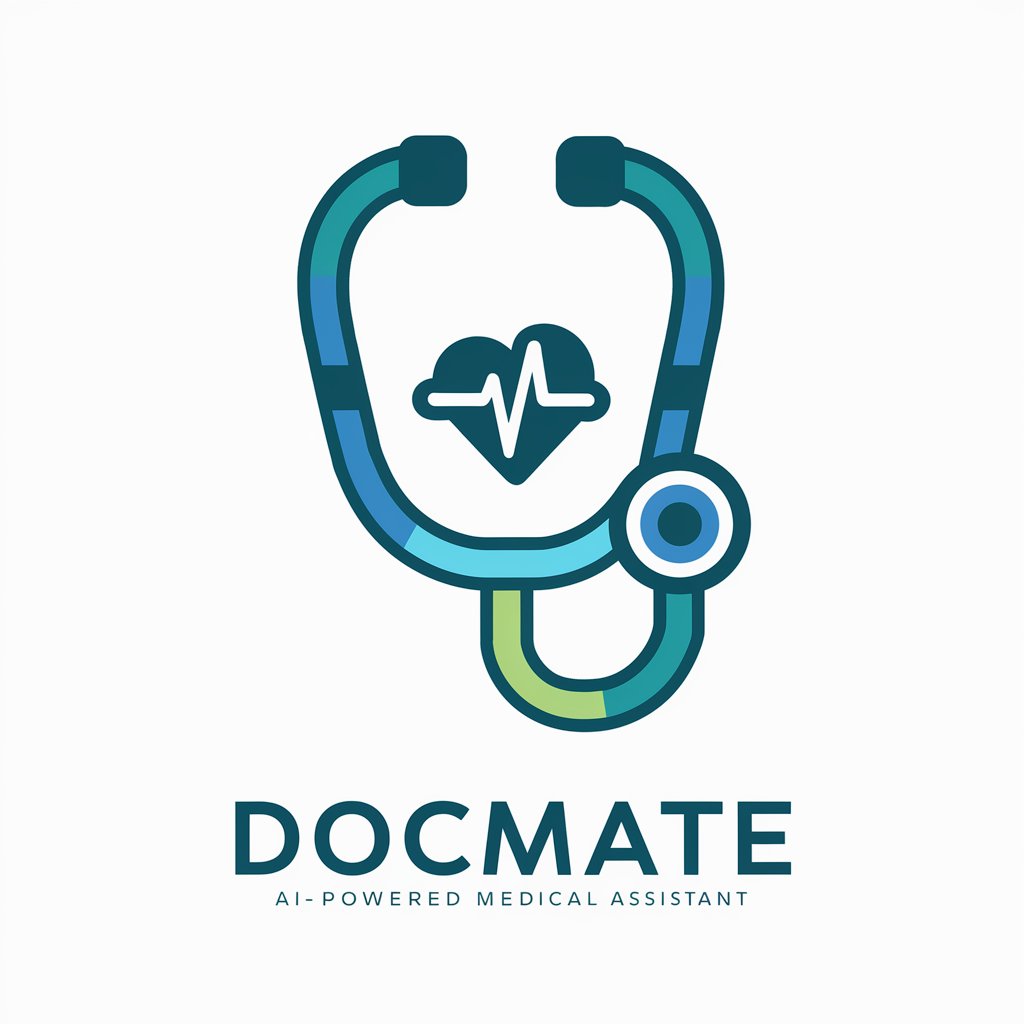
Dr. Titi
Your AI Partner in Healthcare Insight
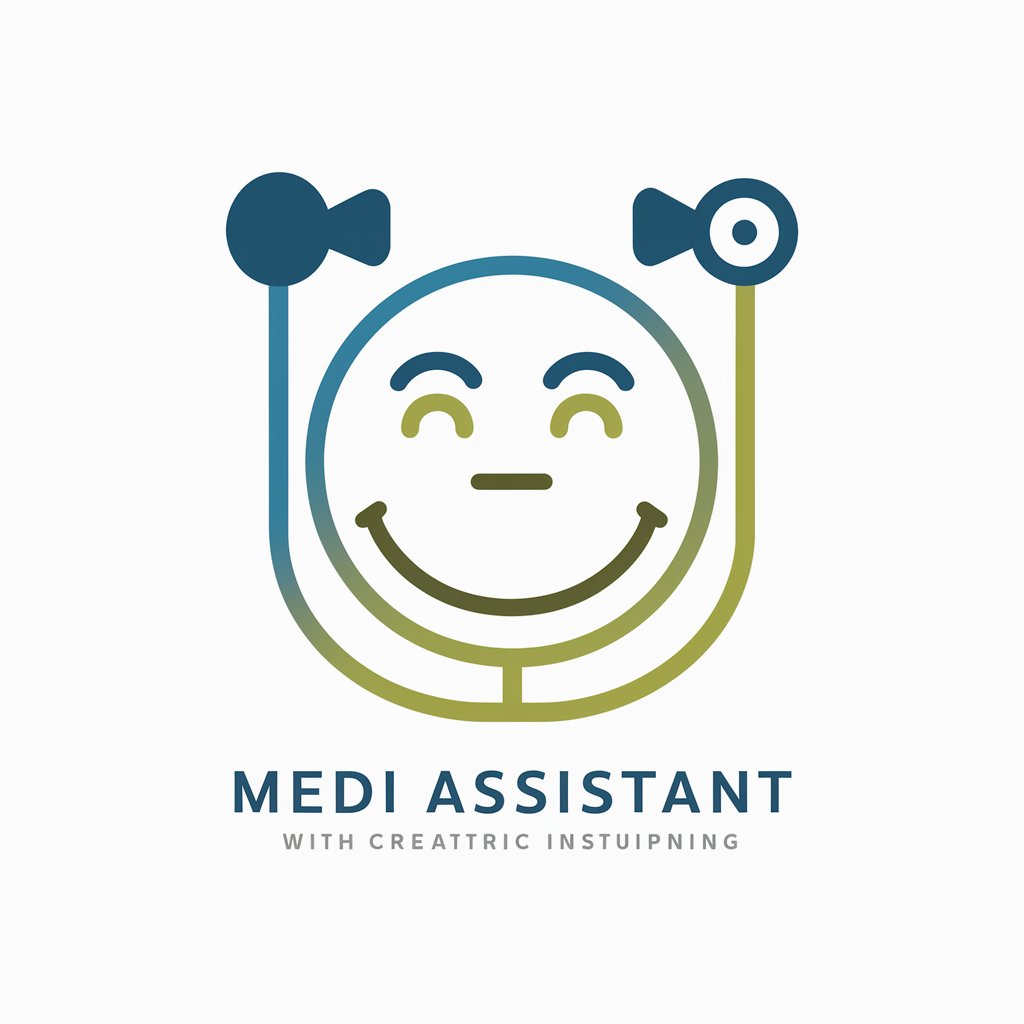
AI Medical
Empowering Healthcare with AI
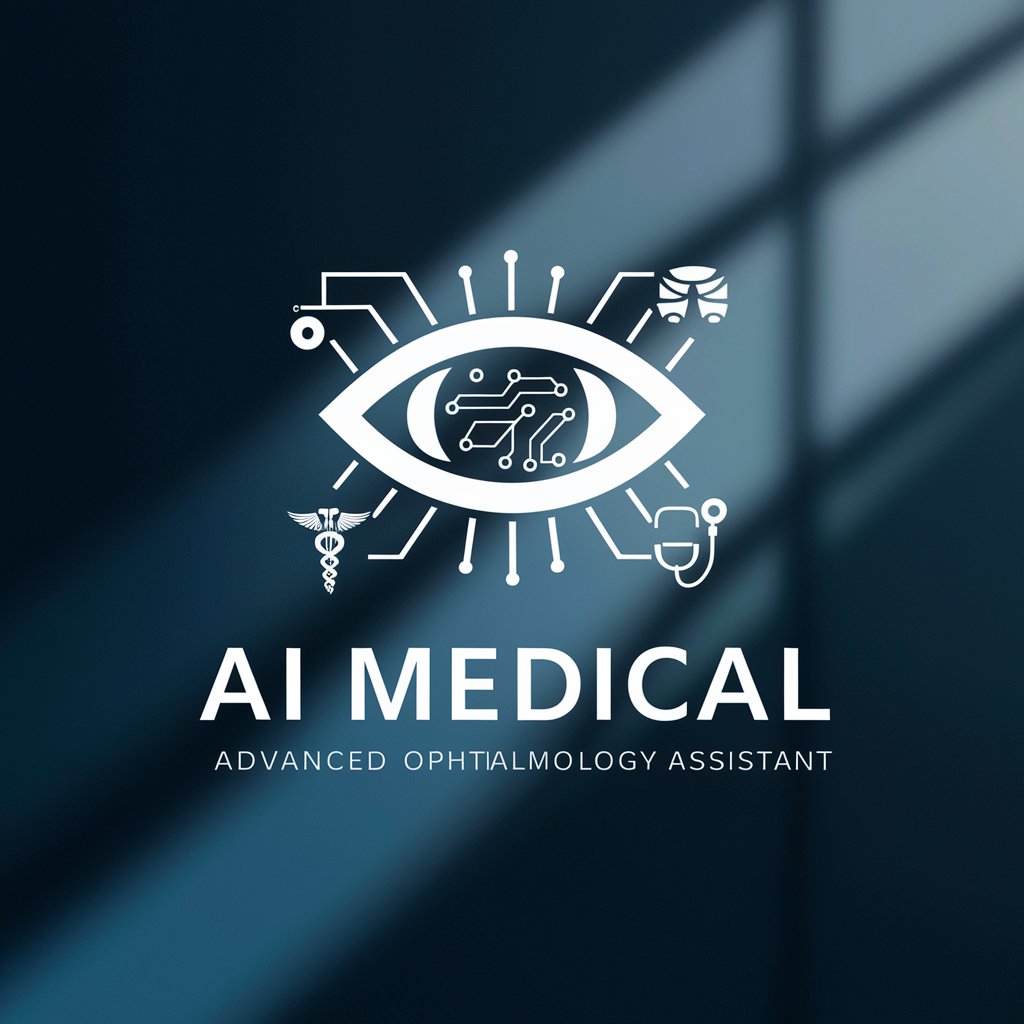
Sclépios I.A : CIM10
Empowering Diagnosis with AI Precision
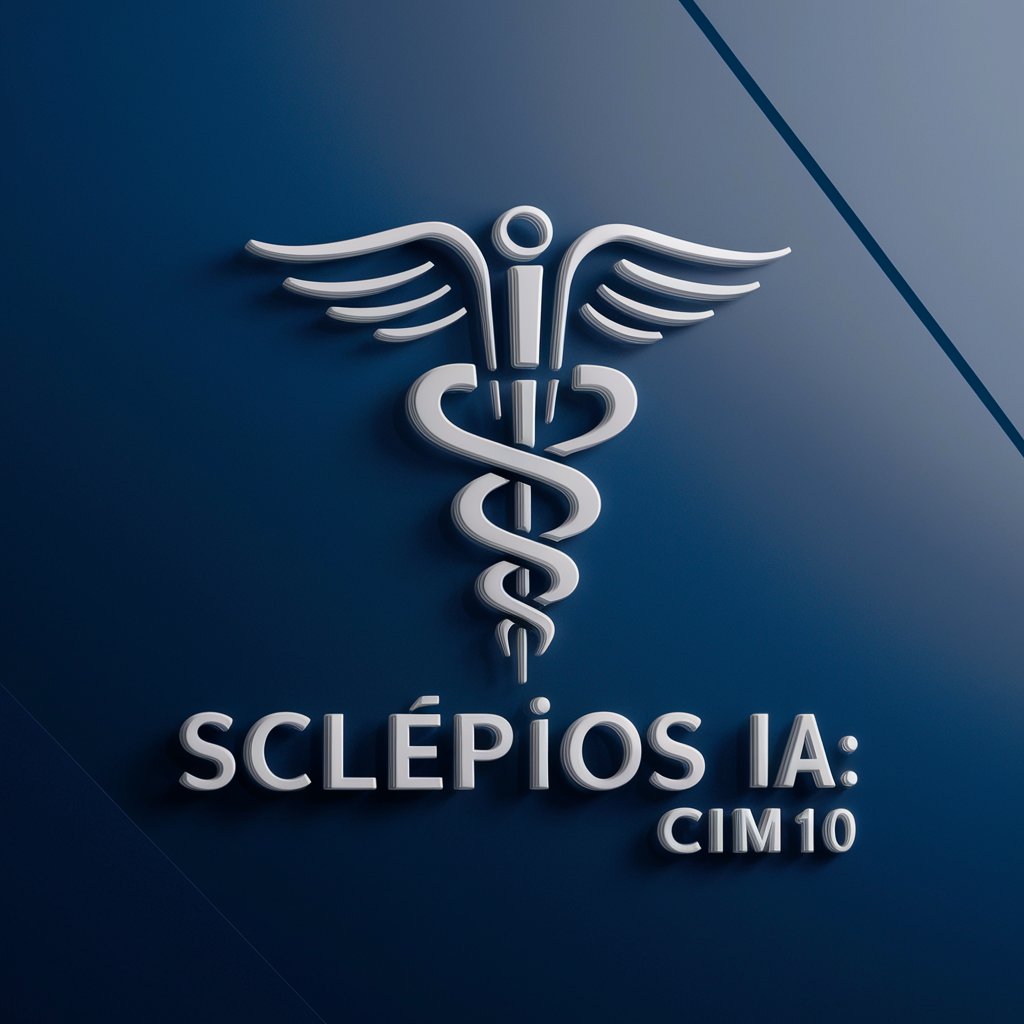
Ayudante de Doctor IA.
Empowering medical understanding with AI
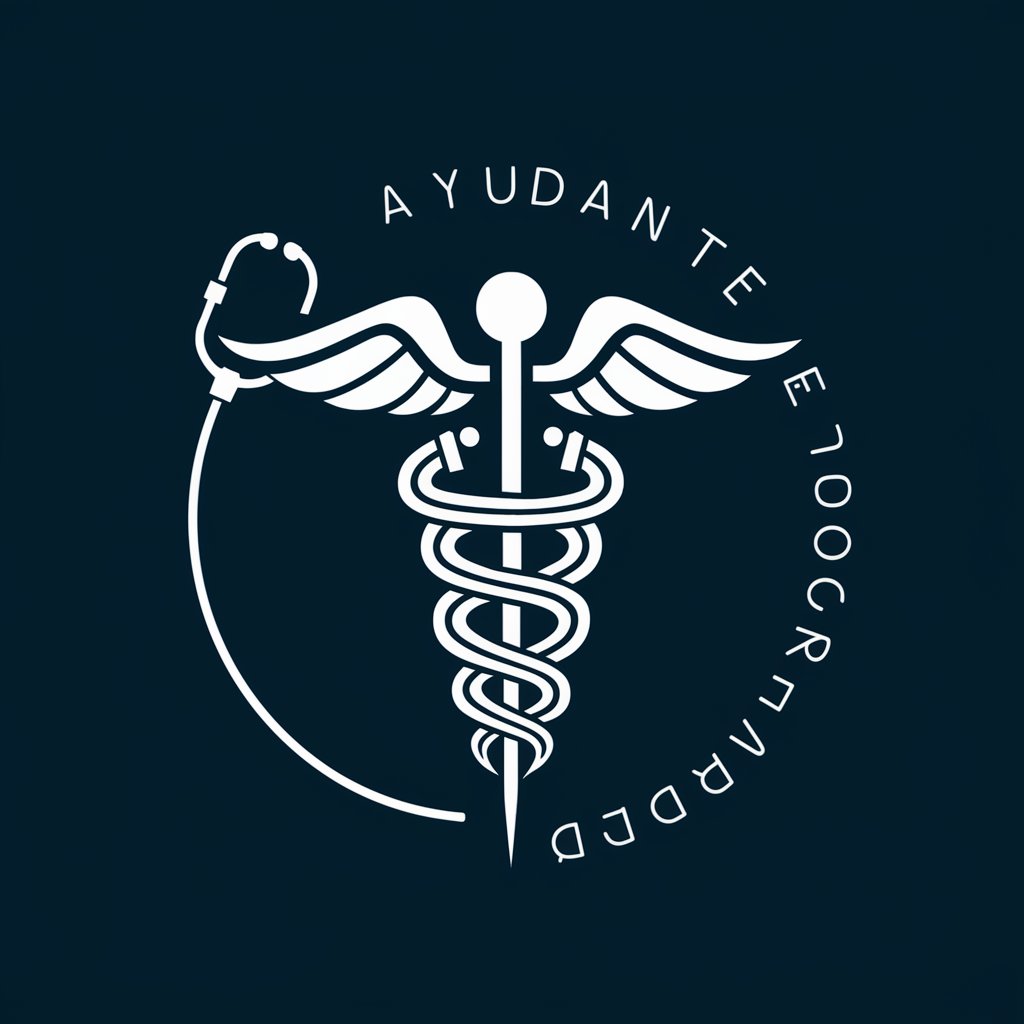
LifeLine AI
Empowering Healthcare Decisions with AI
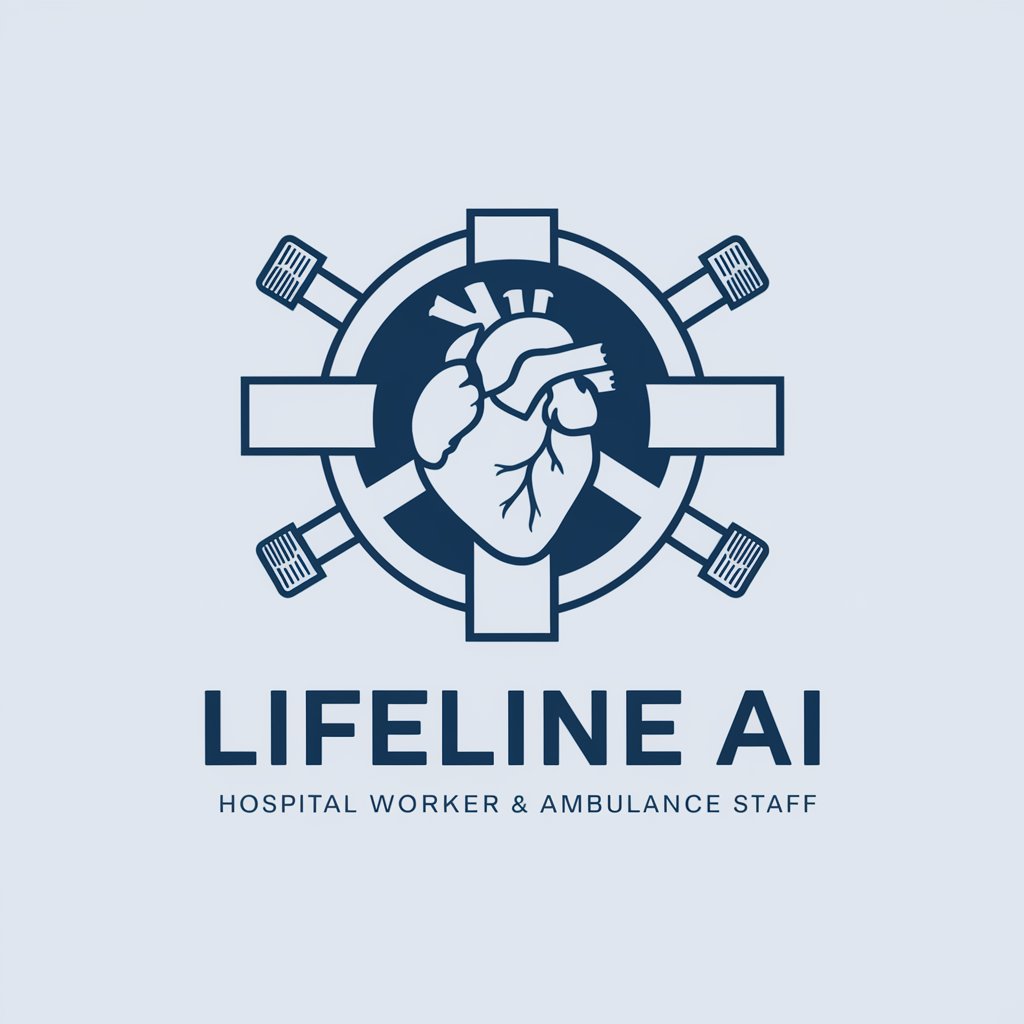
유전질환
Decoding Genetics with AI
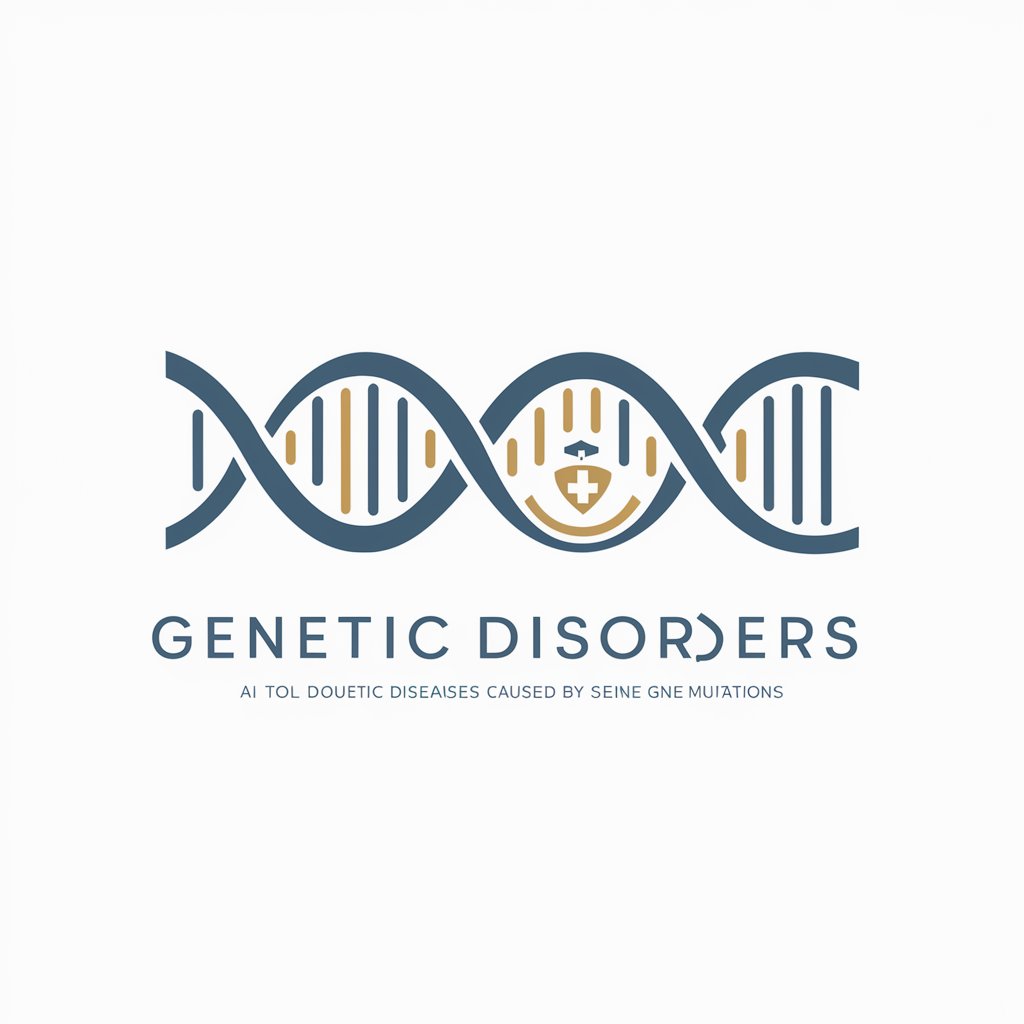
Türkçe Tıbbi Uzman Rehberi | Turkish
Empowering Health Decisions with AI
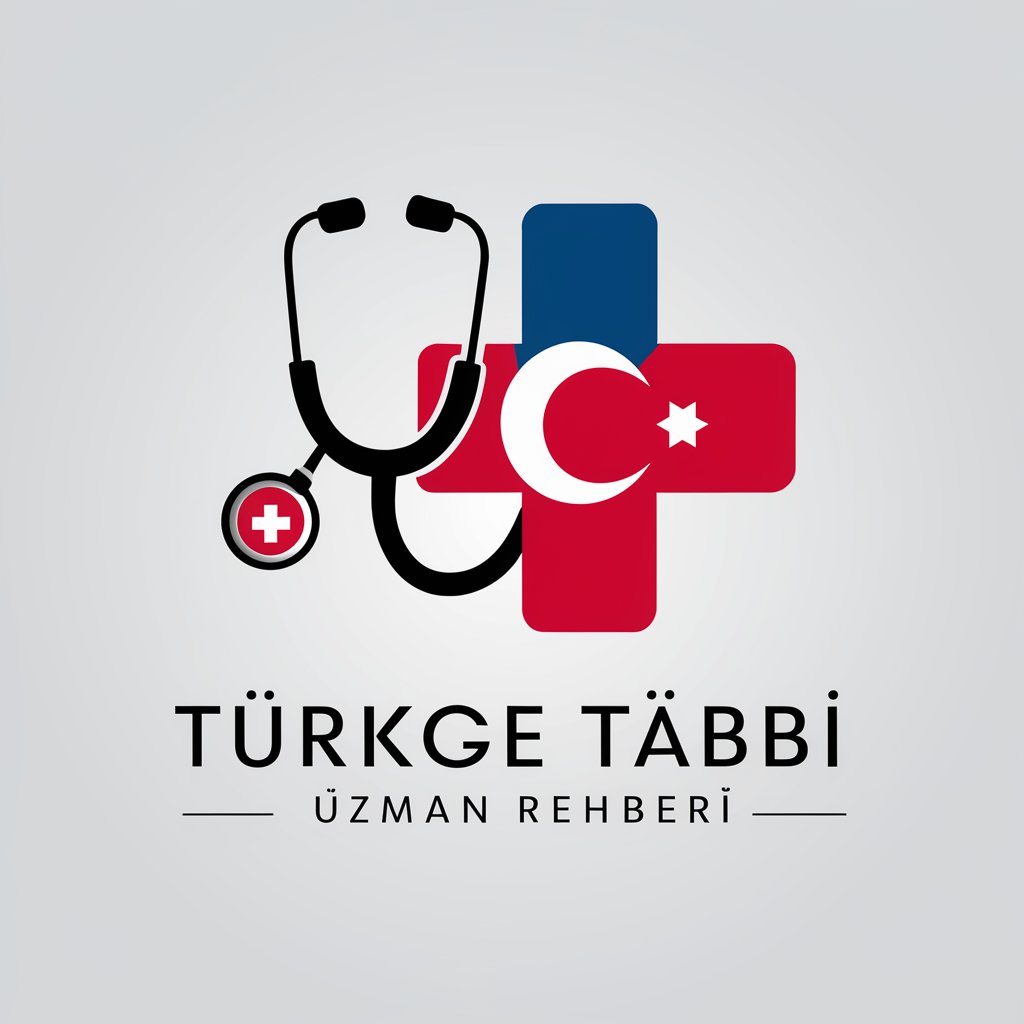
Prof. Doctor X
Empowering Health Decisions with AI Expertise
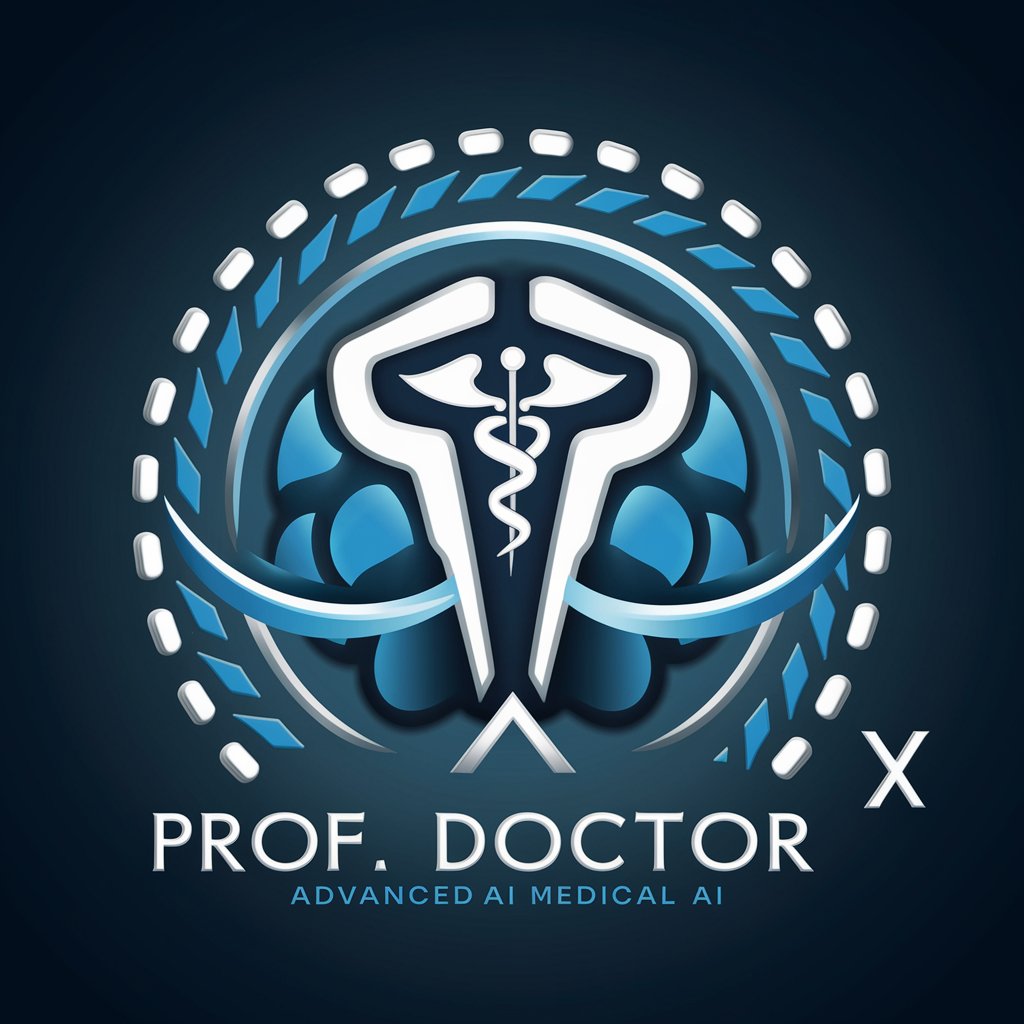
全科大夫
Empowering Your Health with AI
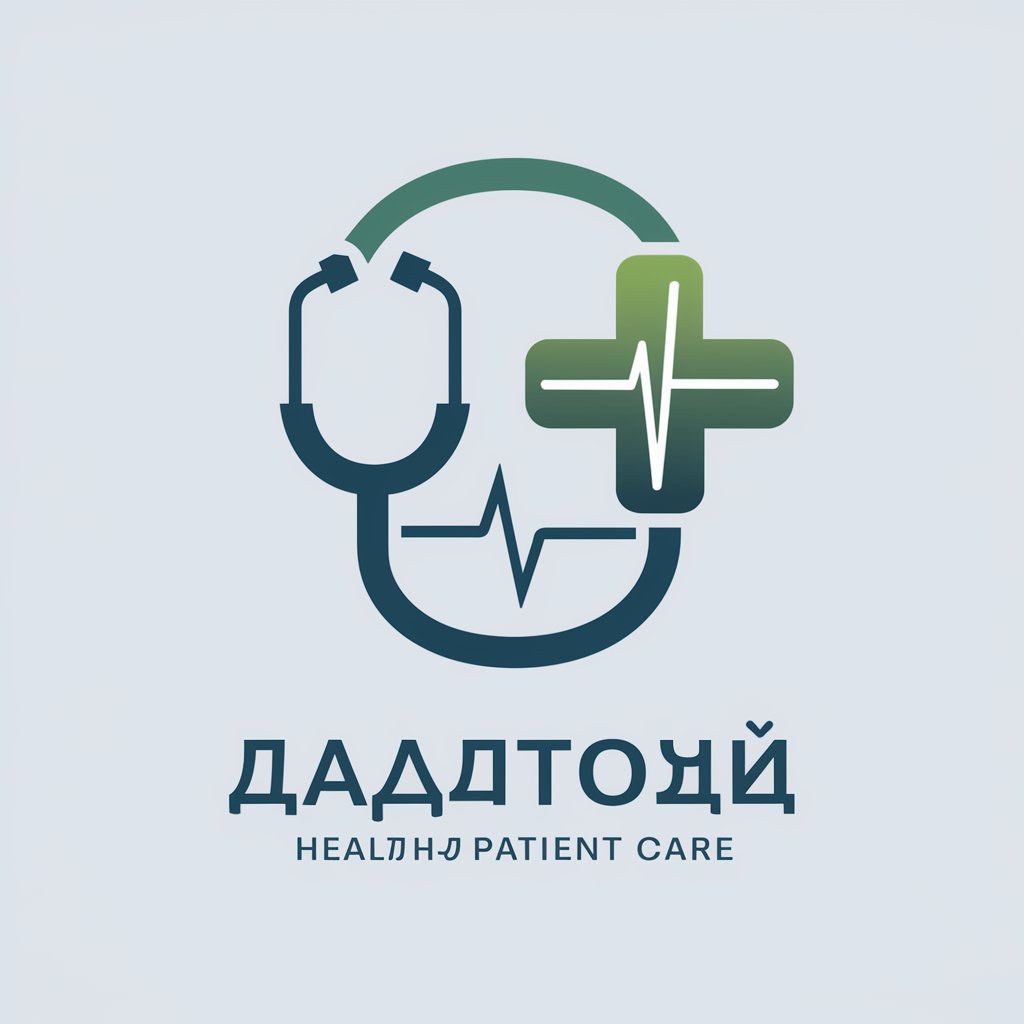
World dictionary of diseases
Empowering Health Knowledge with AI
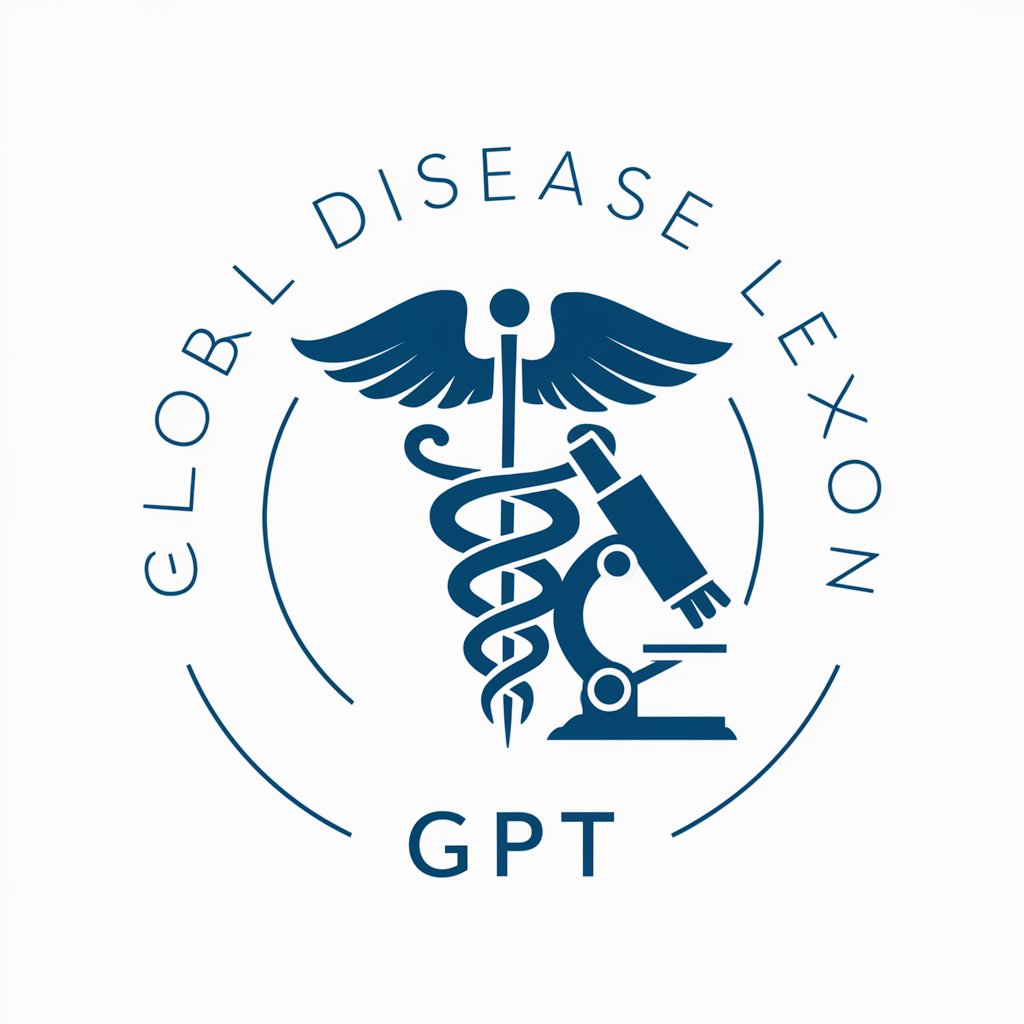
Medic Media Guide
Empowering Health Decisions with AI
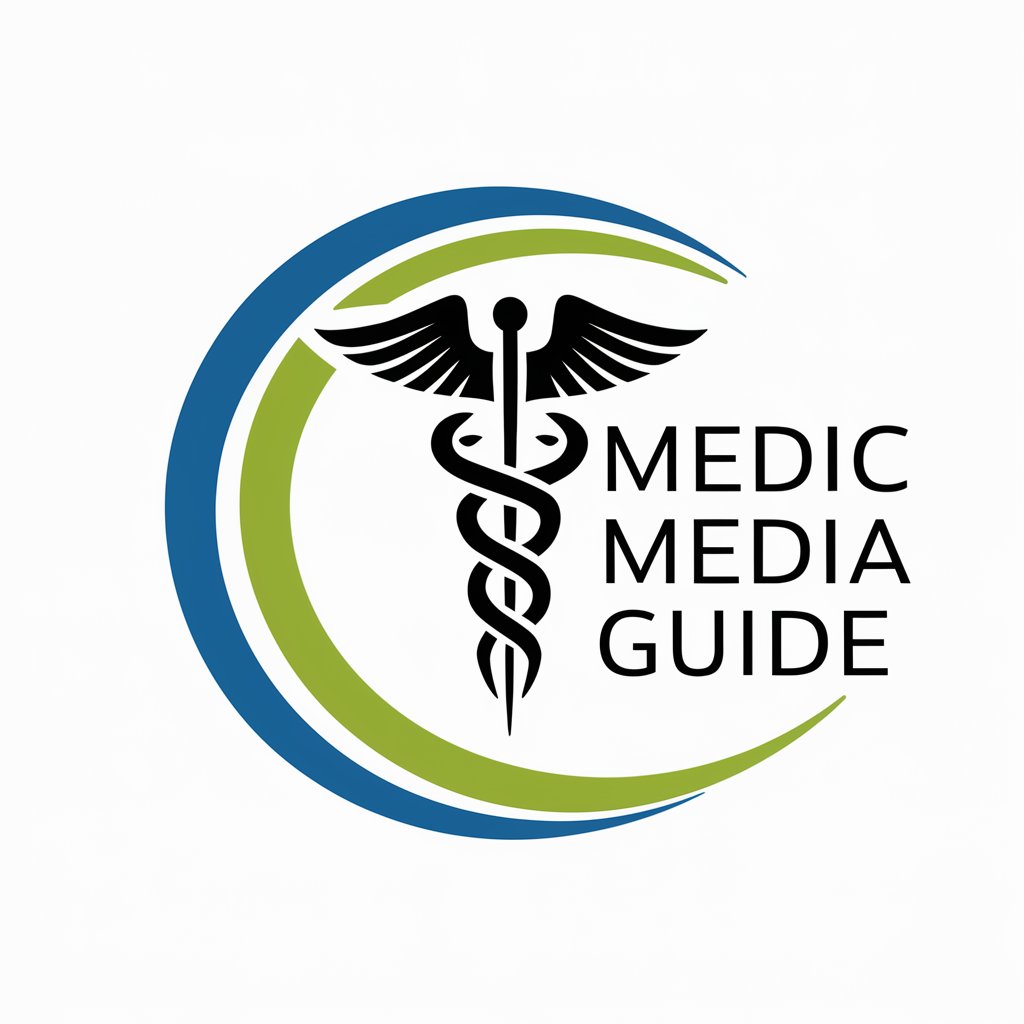
MediGuide
Empowering Informed Health Decisions with AI
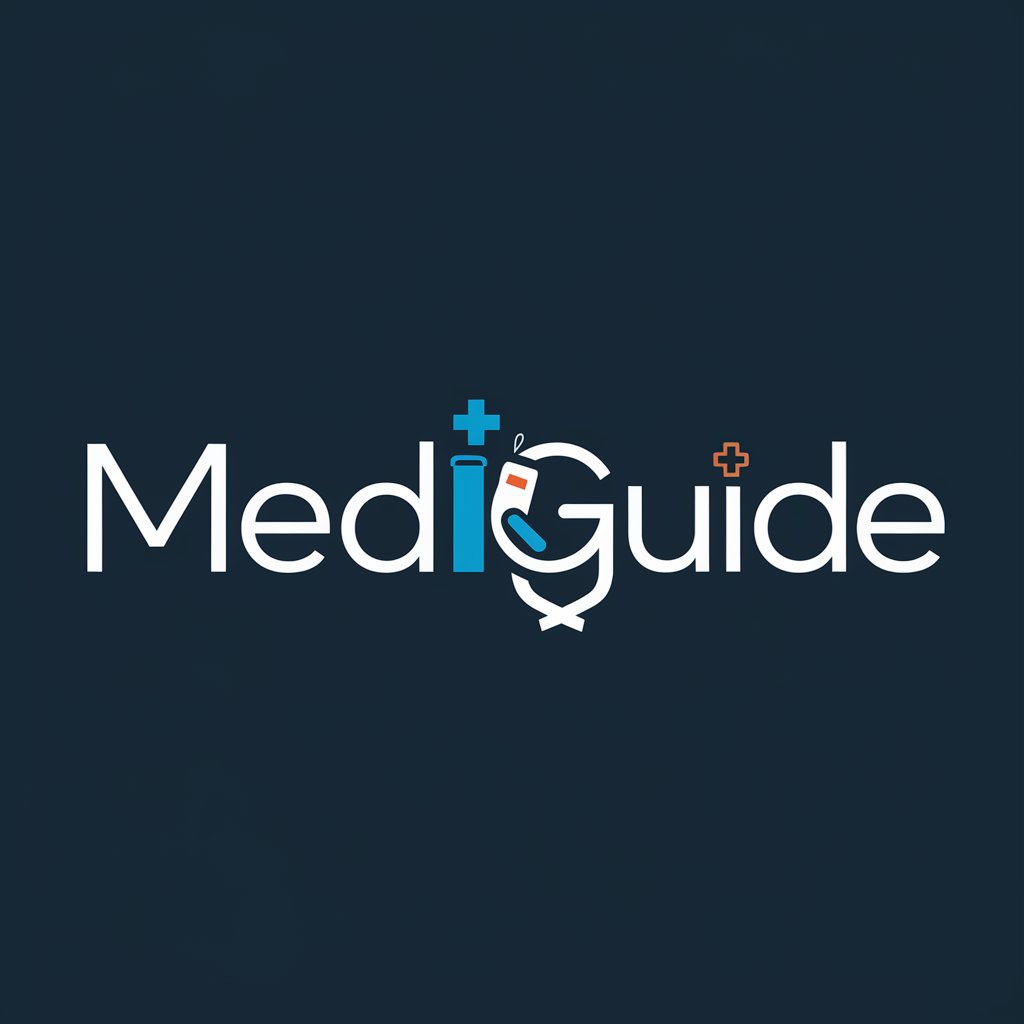
Bug Bit Me
AI-powered identification and information on insect bites and skin rashes.
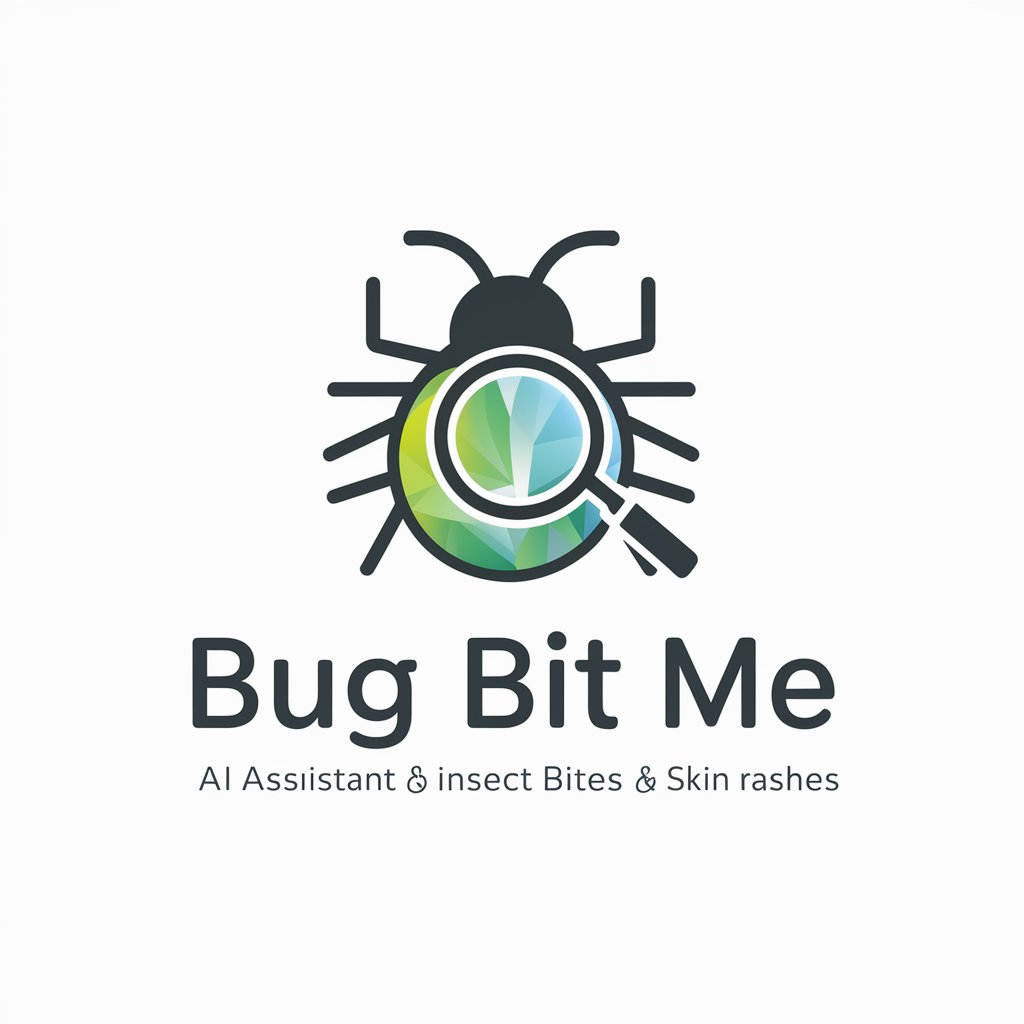
🚑 ER OverWatch Specialist 🩺
Empowering emergency care with AI
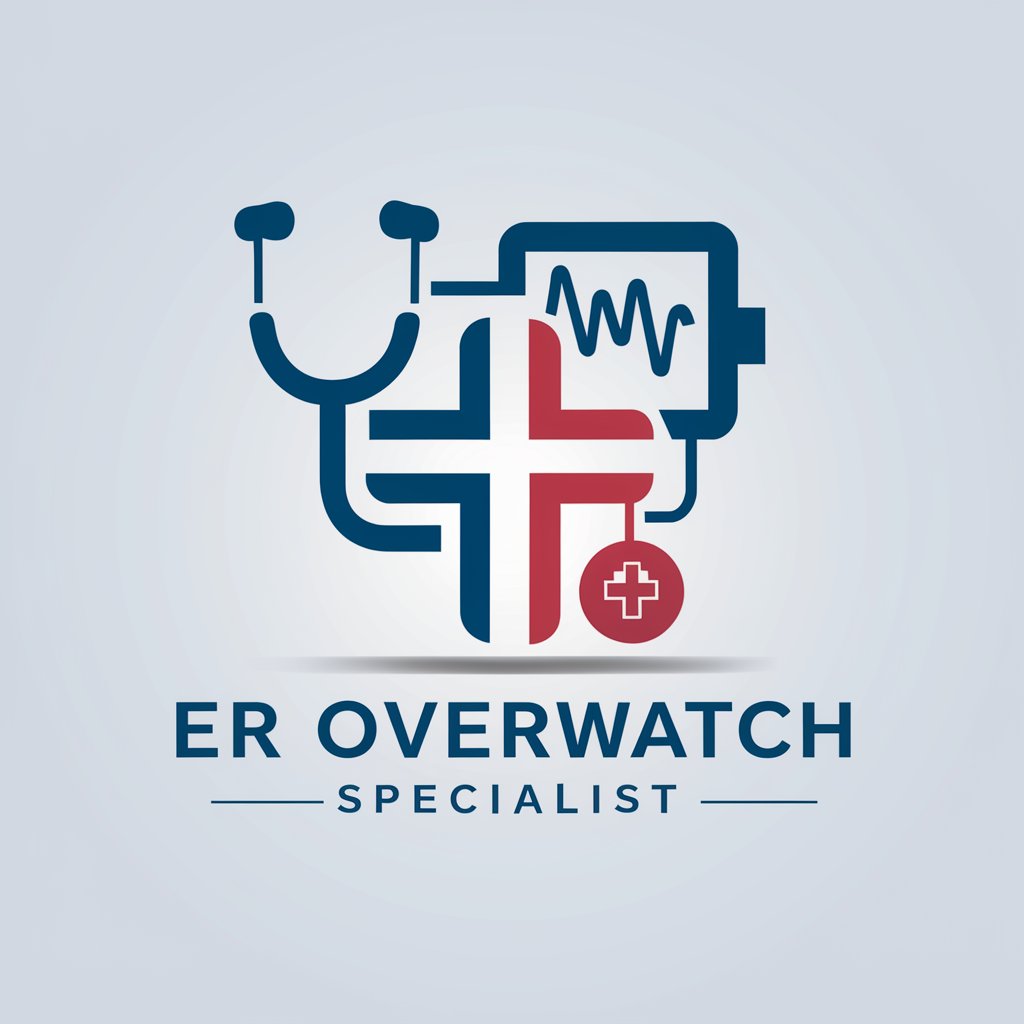
Key Attributes of Medical Reference AI Tools
These AI GPTs tools stand out for their adaptability and precision in handling medical data. Key features include their capability to understand and process complex medical terminology, provide evidence-based responses, and support multiple languages. They can be customized for various functions, from answering patient queries to assisting in medical research. Special features may include technical support for integrating with health record systems, web searching for the latest medical research, image generation for educational purposes, and advanced data analysis capabilities for research insights.
Who Benefits from Medical AI Reference Tools
The primary users of AI GPTs for Medical Reference encompass healthcare professionals, medical researchers, students, and patients seeking reliable information. These tools are designed to be accessible to individuals regardless of their technical expertise, offering intuitive interfaces for novices while providing powerful customization options for developers and IT professionals in the healthcare industry.
Try Our other AI GPTs tools for Free
Pharmaceutical Information
Discover how AI GPTs for Pharmaceutical Information are transforming the landscape of pharmaceutical research and data analysis, making advanced insights more accessible and actionable.
Customer Interaction
Discover how AI GPT tools revolutionize customer interaction, offering personalized, efficient service solutions for businesses of all sizes. Elevate your customer service with AI-driven insights and automation.
Public Relations
Explore how AI GPTs revolutionize Public Relations with automated content creation, sentiment analysis, and personalized communications for effective brand storytelling.
Query Optimization
Discover how AI GPTs revolutionize Query Optimization, enhancing database efficiency with advanced AI technology for faster, more accurate data retrieval.
Cost Efficiency
Discover how AI GPTs for Cost Efficiency can transform your financial management with advanced analytics, automation, and tailored solutions for businesses and individuals alike.
Nutritional Information
Discover how AI-powered GPT tools transform nutritional planning and advice, offering personalized insights for healthier living.
Broader Applications of Medical AI
Beyond individual inquiries, AI GPTs for Medical Reference are paving the way for more personalized and efficient healthcare solutions. They enhance patient education, support clinical decision-making, and contribute to medical research. Their integration capabilities allow for improved data management and workflow optimization in healthcare settings, demonstrating their potential to revolutionize the medical field.
Frequently Asked Questions
What are AI GPTs for Medical Reference?
AI GPTs for Medical Reference are AI-powered tools designed to provide accurate and relevant medical information and support, leveraging the capabilities of Generative Pre-trained Transformers.
Who can benefit from these tools?
Healthcare professionals, medical researchers, students, and patients looking for reliable medical information can benefit from these tools.
How do these tools understand complex medical terminology?
They are trained on vast datasets of medical literature and employ advanced NLP techniques to interpret and generate responses involving complex medical terminology.
Can these tools be customized?
Yes, they offer customization options ranging from simple interface adjustments to complex backend integrations for developers and IT professionals.
Do these tools support multiple languages?
Yes, they are capable of understanding and generating responses in multiple languages, making them useful in diverse geographical locations.
How do they integrate with existing healthcare systems?
They offer technical support for integration with electronic health records and other healthcare management systems, facilitating seamless information exchange.
Can they generate medical images?
Some tools are equipped with image generation capabilities for educational and explanatory purposes, aiding in patient and professional understanding.
Are these tools accessible to individuals without technical skills?
Yes, they are designed with user-friendly interfaces that allow individuals without technical skills to access and benefit from their capabilities.